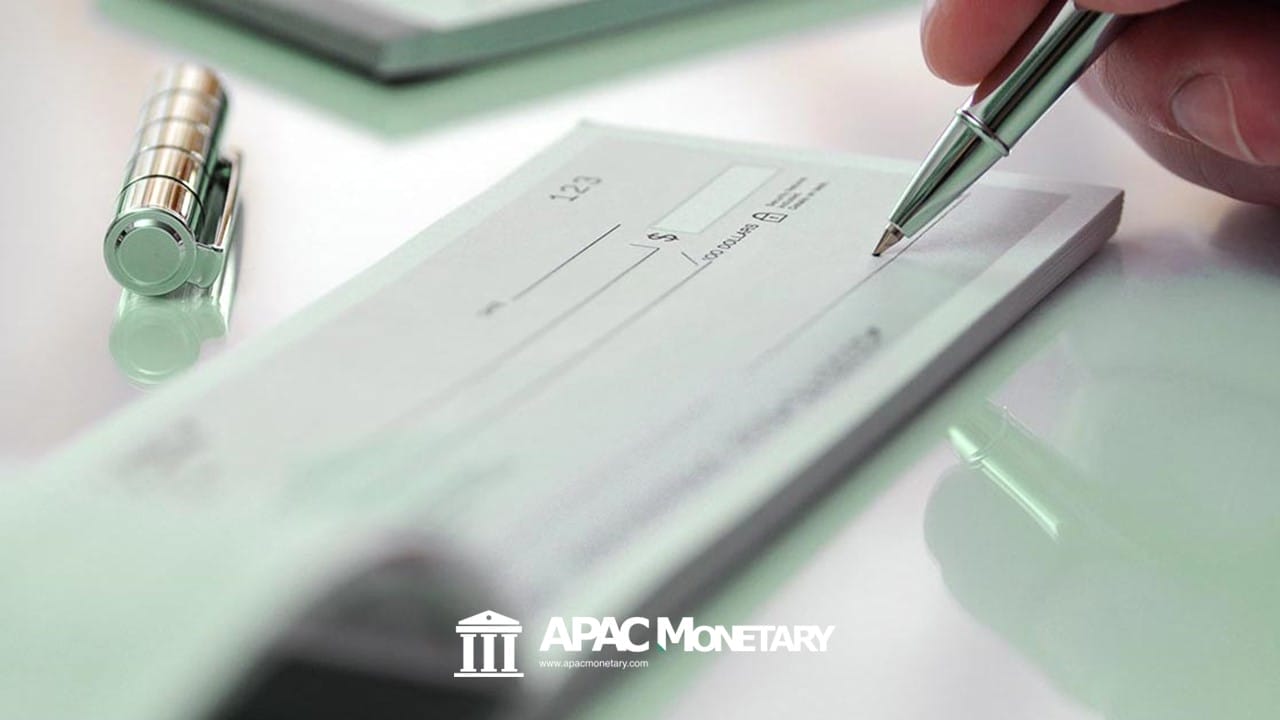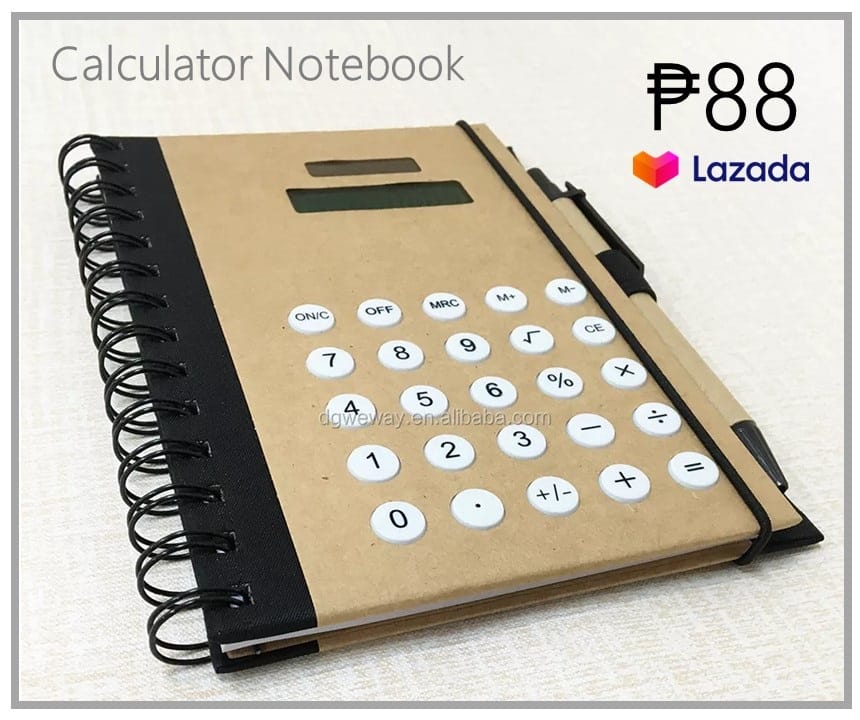Table of Contents
Understanding postdated checks in the Philippines sheds light on trust and tradition in financial practices, from legal implications to cultural nuances. Whether you’re thinking of using one or curious about how they fit into modern banking systems, these nine insights will provide valuable knowledge about this often-overlooked aspect of Philippine commerce.
In a world dominated by digital payments and instant transactions, the postdated check may seem outdated. However, in the Philippines, it still holds significant importance in everyday financial transactions. While it may appear simple—a check dated for a future time—there are surprising facts that make postdated checks much more than meets the eye.
Prepare to delve deeper into this intriguing topic and uncover what makes postdated checks unique and relevant in today’s context!

Meaning of Postdated Checks
A postdated check is a check written with a future date, meaning it cannot be cashed or deposited until that date arrives.
The use of postdated checks in the Philippines is a unique aspect of the local financial landscape. When an individual or business issues a postdated check, they are essentially making a commitment that funds will be available on a specified future date, bringing an element of trust and patience to the transaction process. This can be particularly advantageous for managing cash flow, allowing parties to fulfill financial obligations without immediate strain.
It’s important to recognize, however, that while postdated checks offer convenience, they also carry certain risks. For instance, if the issuer lacks sufficient funds when the postdated check matures, it can result in bounced checks and strained relationships. Furthermore, it’s crucial to understand that under Philippine law, postdating a check does not eliminate the obligation to pay; it simply defers it. Gaining a comprehensive understanding of these intricacies can empower individuals and businesses to effectively utilize postdated checks while avoiding misunderstandings about the security and dependability of such financial arrangements.

1. Legality:
Postdated checks in the Philippines are legal but can lead to legal issues if not honored on the specified date.
Postdated checks are considered legal in the Philippines, but using them in everyday transactions can have certain risks. When someone gives a postdated check, both parties are essentially agreeing that the funds will be available on the specified date. However, if the person writing the check doesn’t have enough funds in their account or fails to honor the agreement, it can lead to serious legal repercussions. The recipient of the check has the right to take action against the issuer, which could involve filing a complaint under Batas Pambansa Blg. 22, also known as the bouncing check law.
It’s important to understand your rights and duties when dealing with postdated checks in the Philippines. Many Filipinos aren’t aware that presenting a postdated check for payment before the specified date is not only discouraged but could also lead to allegations of acting in bad faith. To avoid potential negative consequences, it’s vital for both parties to communicate openly and ensure financial integrity throughout the entire process. Being aware of these intricacies can provide security and build trust for those who choose to use this somewhat unconventional method of payment.
2. Common Usage:
They are often used in business transactions and personal loans as a way to secure payment for future obligations.
In the Philippines, postdated checks play a crucial role in the financial landscape. They are a valuable instrument for businesses and individuals, offering a means to manage payments and loans. By issuing a check with a future date, debtors can provide creditors with a sense of assurance regarding payment, ultimately strengthening trust in financial transactions. This practice is particularly widespread in the context of personal loans, where borrowers may not have immediate access to funds but wish to demonstrate their commitment to repaying the borrowed amount.
The use of postdated checks facilitates cash flow management for lenders and provides borrowers with a way to secure vital resources without incurring immediate out-of-pocket expenses.
However, it’s essential to recognize the potential risks associated with postdated checks in the Philippine setting. While they offer convenience and flexibility, failing to honor these checks when presented can lead to legal repercussions and negatively impact one’s creditworthiness. Businesses often rely on postdated checks not only as a commitment to payment but also as a strategic approach to managing customer relationships, offering tailored repayment schemes based on trust and reliability.
Therefore, it is paramount for anyone involved in financial transactions across diverse sectors to gain a comprehensive understanding of how postdated checks function within the Philippine financial ecosystem.
3. Bouncing Checks Law:
The Bounce Checks Law (Republic Act No. 8484) imposes penalties for checks that are not honored due to insufficient funds or account closure, even if they are postdated.
The term “bouncing checks” invokes fear in both the check issuers and recipients due to the legal implications under the Bounce Checks Law (Republic Act No. 8484) in the Philippines. This law doesn’t just apply to checks presented for payment; it also covers postdated checks. Many individuals wrongly assume that holding a postdated check provides them with a safety net, believing that they won’t face repercussions until the date specified on the check arrives. However, if a postdated check bounces due to insufficient funds or account closure, it can result in severe penalties, regardless of its postdated status.
The ramifications of bouncing checks extend beyond financial penalties; they can negatively impact an individual’s credit history and reputation in business circles. With penalties that may include fines or imprisonment, this law emphasizes the significance of responsible banking practices and underscores a broader societal expectation: maintaining trust in financial transactions. Understanding these implications can empower individuals and businesses to handle their financial dealings more responsibly, ensuring that they not only protect their interests but also contribute to fostering a culture of accountability within their communities.
4. Bank Policies:
Banks in the Philippines may have specific policies regarding accepting and processing postdated checks, which can vary from institution to institution.
It’s important to note that bank policies regarding postdated checks in the Philippines can have a significant impact on how individuals and businesses handle their financial affairs. Each financial institution in the country may have its own specific set of regulations concerning the acceptance and handling of postdated checks. This diversity in policies can lead to confusion for those who are not well-versed in the guidelines of a particular bank. For example, while some banks may not honor postdated checks until the specified date has been reached, others may choose to cash them immediately, regardless of the date written on the check.
Understanding these differing policies is essential for maintaining trust between the parties involved in financial transactions. For instance, a seller who is expecting payment on a future date through a postdated check could face disappointment if they choose to work with a bank that processes these checks in a manner different from what was anticipated. Therefore, it is crucial to reach out to your bank’s customer service or carefully review their policy documents to ensure clarity before engaging in any financial transactions involving postdated instruments. Staying fully informed can help prevent potential conflicts and promote smoother financial dealings for all parties involved.
5. Risk of Fraud:
Postdated checks can pose risks of fraud, and issuing one without sufficient funds can result in criminal charges against the issuer.
Postdated checks in the Philippines pose a significant risk of potential fraud for various reasons. Issuing these checks without sufficient funds can result in adverse consequences, including damage to one’s financial reputation and legal implications. If a check bounces, it can lead to criminal charges under the Bouncing Checks Law, which is a major concern that should not be underestimated. Despite the common belief that postdated checks offer a safety net by delaying the withdrawal of funds, this misconception often paves the way for financial troubles.
Furthermore, the reliance on postdated checks can heighten susceptibility to scams and unethical practices. Dishonest individuals may take advantage of this system by persuading unsuspecting victims into transactions based on postdated promises that eventually prove to be of no value. In today’s era where digital transactions are on the rise, it is crucial for individuals in the Philippines to be well-informed about the risks associated with traditional payment methods like postdated checks. By gaining a thorough understanding of these potential dangers, individuals can safeguard themselves from potential fraud and legal consequences while managing their financial dealings.
6. Negotiability Issues:
Unlike regular checks, some banks may refuse to honor a postdated check when presented before the date indicated, leading to potential disputes between parties.
The use of postdated checks can give rise to complex negotiability issues that have the potential to create unexpected complications for both payers and recipients. In the Philippines, it is commonly assumed that presenting a postdated check prior to its due date is a straightforward process. However, it’s important to note that banks may refuse to honor such checks based on their internal policies or interpretations of the law. This refusal disrupts the smooth flow of transactions and can lead to misunderstandings between the parties involved. Just imagine the scenario where you hand over a postdated check with the expectation that it will be cashed at an agreed-upon time, only to later find out that your recipient is left without funds, which can be frustrating for both parties.
These examples underscore the significance of clear communication and trust when dealing with postdated checks. Parties must be fully aware of each other’s expectations regarding payment timelines and seriously consider documenting their agreement on how to handle potential refusals from banking institutions. Legally speaking, while postdated checks are generally considered negotiable instruments, enforcement can vary due to individual bank regulations. This can lead to disputes if one party believes they have acted within fair practice.
By staying informed about these complexities, both individuals and businesses can navigate the intricacies associated with postdated checks more effectively, thereby avoiding unnecessary tension in their financial dealings.
7. Communication Importance:
It is crucial for both parties involved in a transaction using postdated checks to communicate clearly about payment terms and expectations.
Effective communication acts as the bedrock for seamless transactions involving postdated checks, playing a crucial role in fostering mutual understanding and trust between the involved parties. When one party issues a postdated check, engaging in explicit and detailed dialogue about payment terms and expectations becomes imperative to avert potential misunderstandings that could potentially escalate into disputes. This investment in open and comprehensive communication not only serves to pinpoint the precise dates when funds are anticipated but also serves to underline the rationale behind utilizing postdated checks, thus ensuring absolute alignment between all involved parties.
Furthermore, openly discussing and planning for potential scenarios, such as the resolution in the event of insufficient funds on the payment date, establishes an environment conducive to proactive problem-solving and addresses any concerns that may arise. These discussions empower individuals by ensuring that they are fully cognizant of their rights and obligations within the realm of postdated checks, an aspect of paramount importance in the current financial landscape. Leveraging robust communication skills in the context of postdated checks is a pivotal strategy to bridge gaps and safeguard against financial pitfalls that could arise due to assumptions or ambiguous agreements.
8. Usage Trends Among Filipinos:
The patterns of usage related to postdated checks in the Philippines have undergone substantial changes in recent years. This reflects a shift in consumer behavior and financial practices. Historically, postdated checks were primarily utilized to ensure timely payments. However, there has been a notable increase in their usage among younger Filipinos, who now prefer them over other forms of credit. The appeal lies in the perceived security and simplicity of postdated checks, allowing individuals to manage future obligations without having to navigate complex loan agreements.
Furthermore, the emergence of digital finance platforms has also had an impact on the utilization of postdated checks. Many Filipinos are now choosing to supplement traditional banking methods with fintech solutions, making it easier to track and manage payment schedules. As a result, consumers are becoming more proficient at using postdated checks in combination with apps that provide notifications about upcoming due dates. This trend highlights the growing financial literacy among Filipinos who are looking for innovative ways to marry traditional financial practices with modern technology to meet their personal budgeting and responsibility needs.
9. Alternative Payment Methods:
With advancements in digital payments, some individuals and businesses prefer alternatives like electronic transfers over postdated checks for security and convenience.
As financial technology continues to advance, there has been a significant increase in the adoption of alternative payment methods over traditional postdated checks by individuals and businesses in the Philippines. Electronic transfers, digital wallets, and blockchain-based solutions have gained popularity due to the enhanced security and convenience they offer. These modern payment methods allow for instant transactions, eliminating the risks associated with bounced checks due to insufficient funds or processing delays, thereby providing both payers and recipients with peace of mind.
Furthermore, electronic payments come with sophisticated tracking capabilities that enable users to monitor their transactions in real time. This transparency not only minimizes disputes but also fosters trust between parties involved in financial transactions. With the growth of mobile penetration and wider internet access in the Philippines, the adoption of these modern payment methods reflects a trend towards efficiency, aligning with global preferences for seamless financial interactions over outdated practices such as postdated checks.
It is evident that the future will witness a reduced reliance on traditional instruments as Filipinos increasingly opt for faster and safer payment options that cater to their dynamic lifestyles.
Tips for Handling Postdated Checks Safely
When it comes to dealing with postdated checks in the Philippines, it’s important to keep safety in mind. One super important tip is to always double-check that the person writing the check has enough money in their account before you accept it. This not only keeps your finances safe but also helps build trust between you and the check writer. Also, make sure to talk openly with the person writing the check about when you plan to deposit it and if there are any changes. This can avoid any misunderstandings down the road.
Another really important thing to do is to keep good records of all your transactions involving postdated checks. Write down all the details, like dates, amounts, and signatures. This not only helps if there are any disagreements but also gives you a clear record in case you need to take legal action later on. Lastly, even if someone offers you a postdated check for a big amount or for something urgent, it’s smart to think about the risks before you jump in—sometimes waiting a little longer for secure payment methods can pay off big time!
Endnote: Importance of Knowing the Facts
Understanding postdated checks in the Philippines is essential for anyone involved in financial transactions. While providing flexibility, postdated checks also carry risks and potential impacts on finances. Being aware of the facts enables individuals to make informed decisions and protect themselves from legal complications and liabilities. Additionally, understanding how postdated checks function within the Philippine banking system promotes healthier financial practices, including key details such as clearance periods and communication protocols with banks. This knowledge safeguards one’s interests and enhances transparency and trust among parties involved in transactions. Overall, being well-informed about these critical aspects underscores the significance of diligence in managing personal finances and navigating economic challenges.









